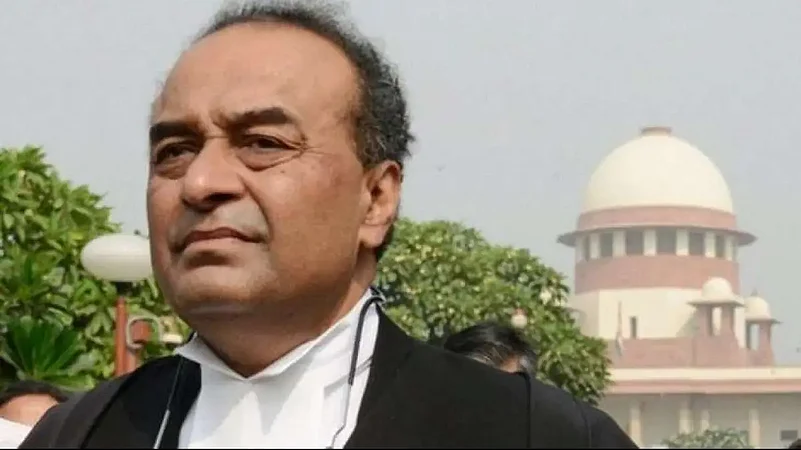Senior Advocate General Mukul Rohatgi has refused to be the next Attorney General of India (A-G) after giving it a 'second thought'. Rohatgi cited "no specific reason" for refusing his offer to succeed incumbent KK Venugopal.
The term of Venugopal, 91, ends on October 30. According to reports, he has said that due to his advanced age he would not be able to continue beyond his current tenure.
Rohatgi's previous term as the A-G
Prior to Venugopal, Rohatgi served as the 14th A-G from 2014 to 2017. He resigned in June 2017 and was succeeded by Venugopal. Venugopal was appointed as the AG for a term of three years, and he was given a one-year extension each in 2020 and 2021.
Advertisement
On June 29, this year, Venugopal's term was extended further by three months.
Who is the Attorney General of India?
The A-G is the first law officer of the Government of India and the position of the A-G is placed on a special footing. The A-G is appointed by the President of India and has the right to audience across all courts in a country.
He is the highest law officer in the country and is qualified to be appointed as a judge of the Supreme Court. That means, he should be a judge of some high court for five years or an advocate of some high court for ten years.
Advertisement
Article 76(2) of the Constitution says “it shall be the duty of the Attorney-General to give advice to the Government of India upon such legal matters, and to perform such other duties of a legal character, as may from time to time be referred or assigned to him by the President”.
What are the functions of an A-G?
The A-G gives advice to the Union Government on legal matters assigned to him by the President. He performs such other duties of a legal character that are referred to or assigned to him by the president.
He discharges the roles and functions conferred on him by the Constitution.
He represents the Indian government in matters taken up by the Supreme Court and the high courts. He appears on behalf of the government of India in any reference made by the president to the Supreme Court under Article 143 of the constitution.
Under Article 88, the “Attorney-General of India shall have the right to speak in, and otherwise to take part in the proceedings of, either House, any joint sitting of the Houses, and any committee of Parliament of which he may be named a member”. However, he “shall not by virtue of this article be entitled to vote” in the House.
Advertisement
Term of A-G
The Constitution does not guarantee a fixed tenure for the A-G. He may serve his position as long as the President wants. He can also be removed by the President anytime deemed fit.
A list of Attorney General of India
The post of the A-G has been occupied by some of the finest jurists in India’s history. The first two incumbents of the post were the legendary M C Setalvad and C K Daphtary.
Following it was Niren De (1963-1977), S.V Gupte (1977-79), LN Sinha (1979-83), Keshava Parasaran (1983-89), and SJ Sorabjee (1989-1990).
Later it were G Ramaswamy (1990-92), MK Banerji (1992-96), Ashok Desai (1996-98), SJ Sorabjee (1998-2004), MK Banerji (2004-09), GE Vashanvati (2009-2014).
Advertisement
Mukul Rohatgi was A-G from 2014-17 before Venugopal took over in 2017.




















